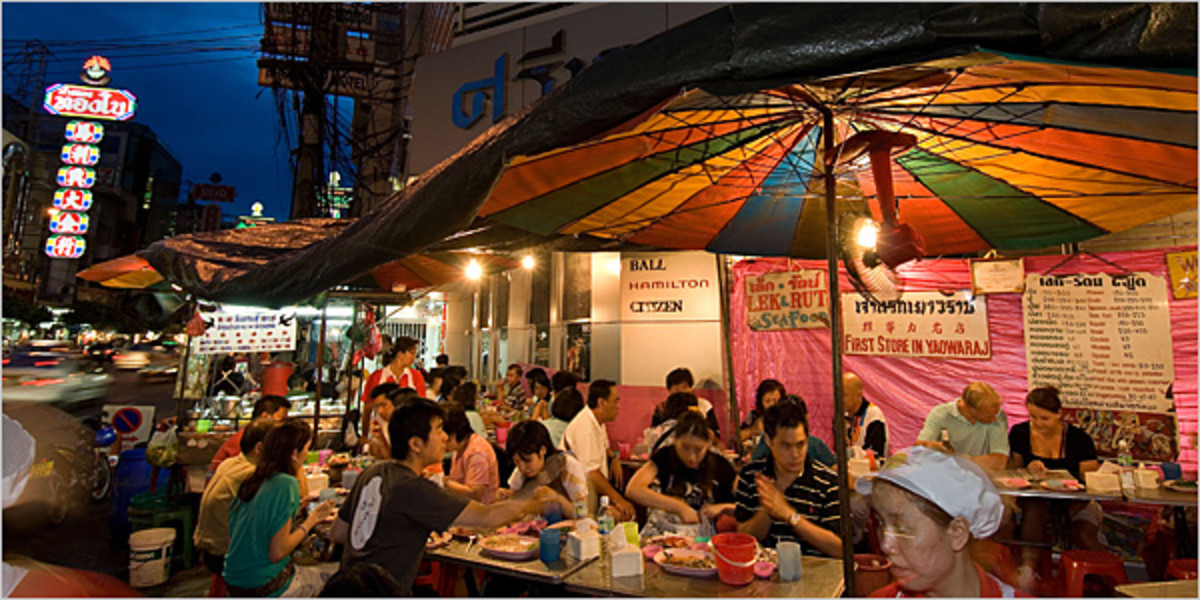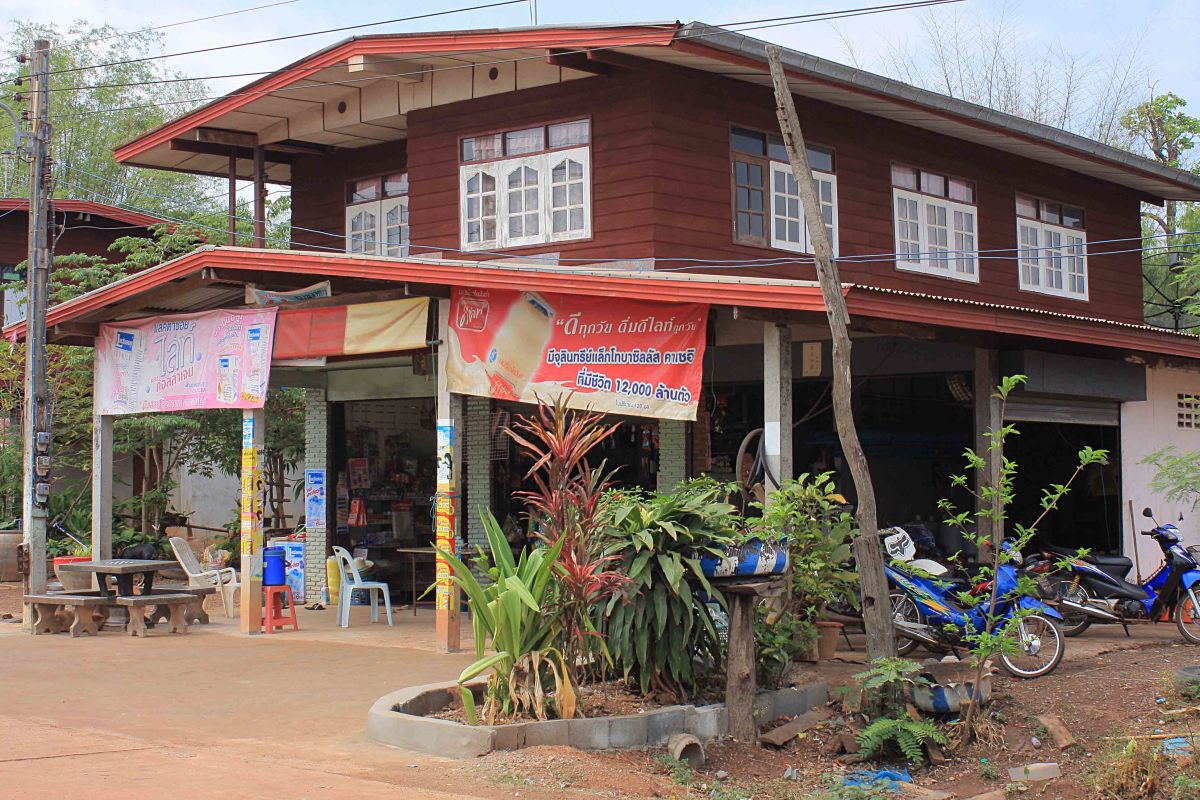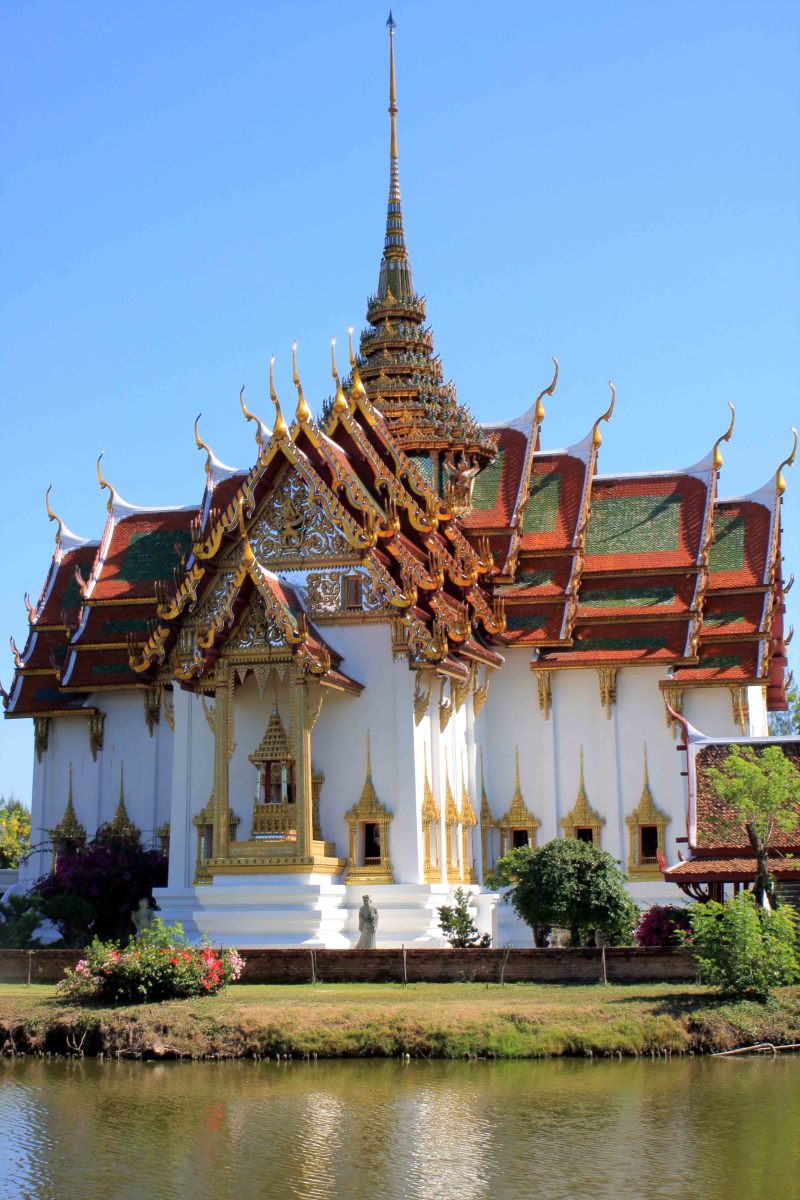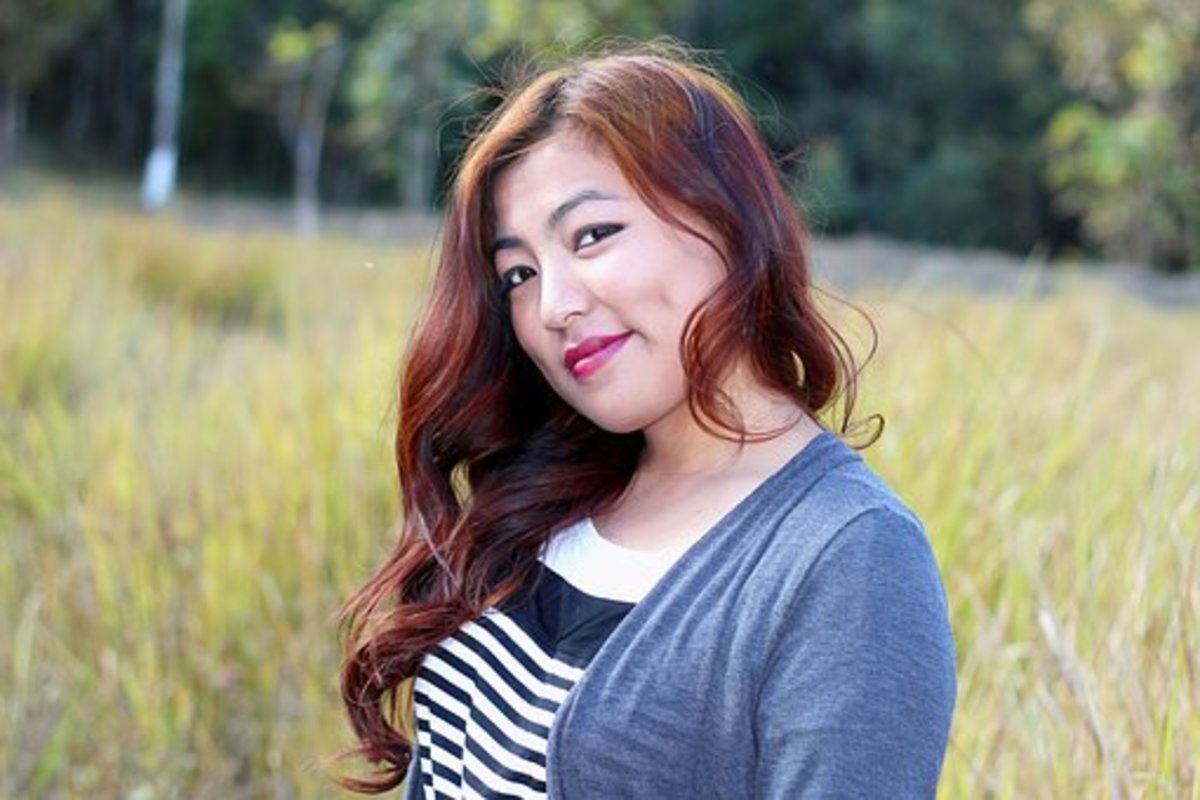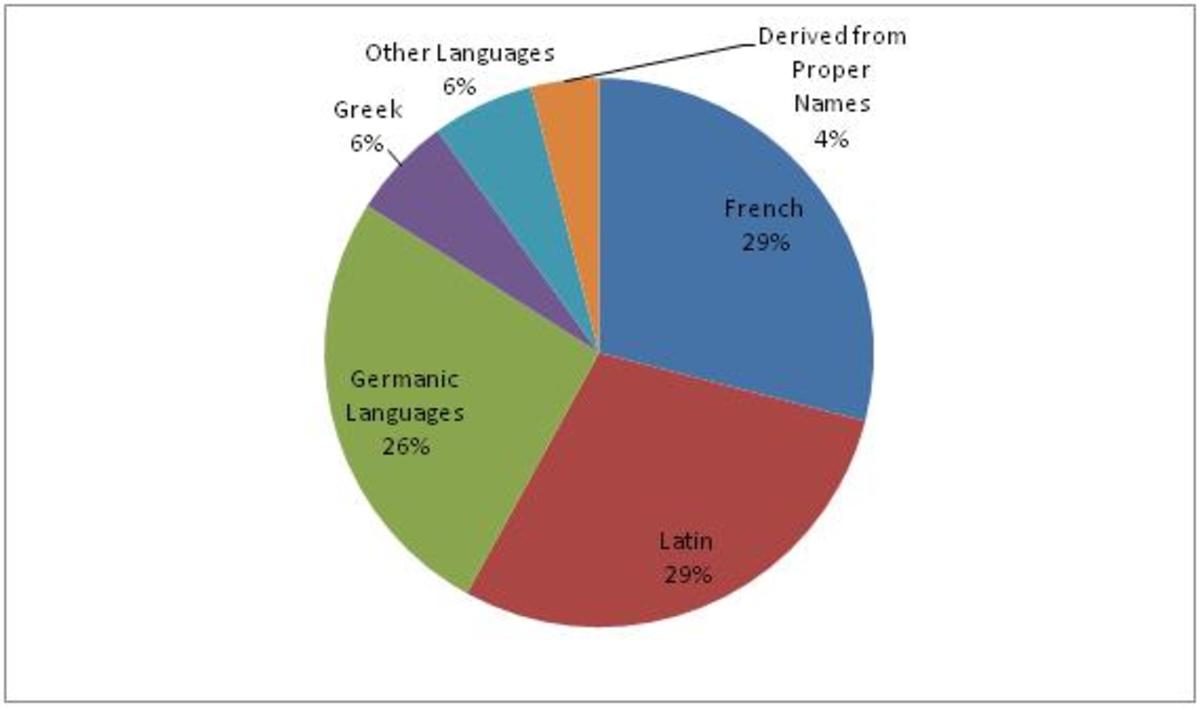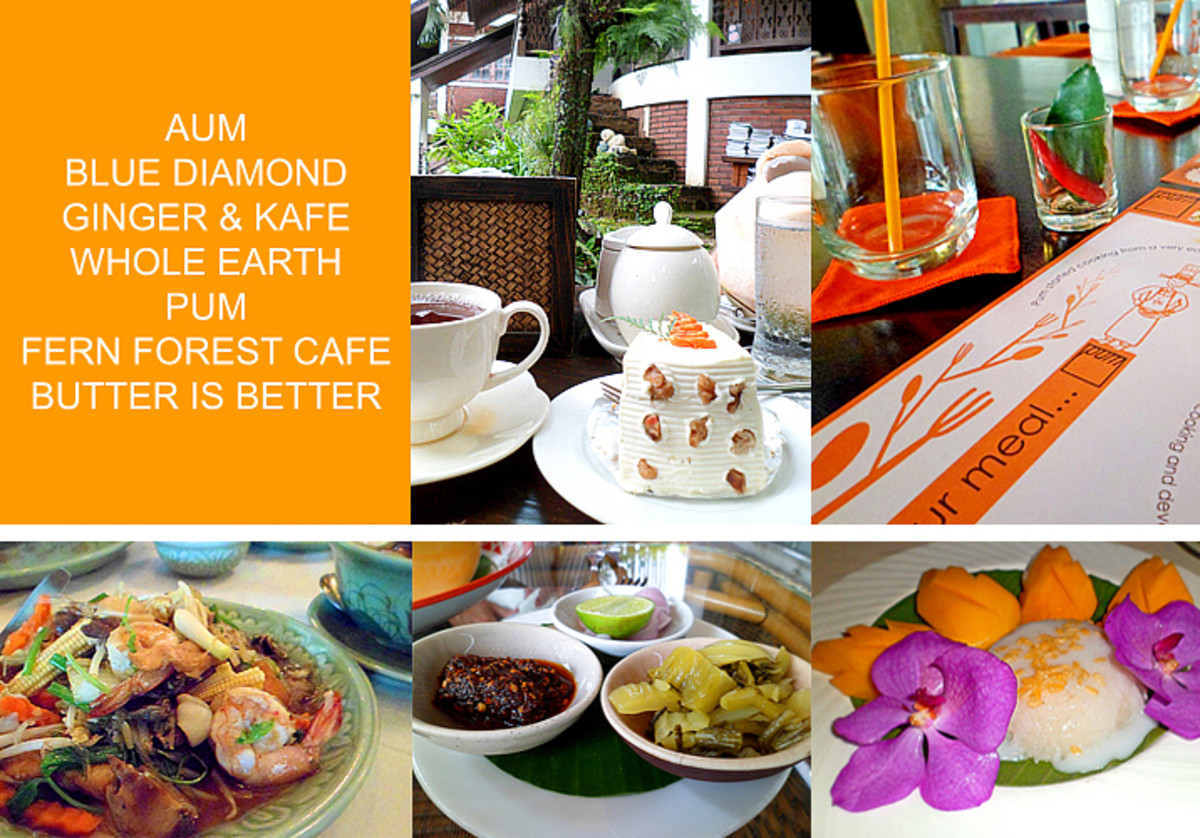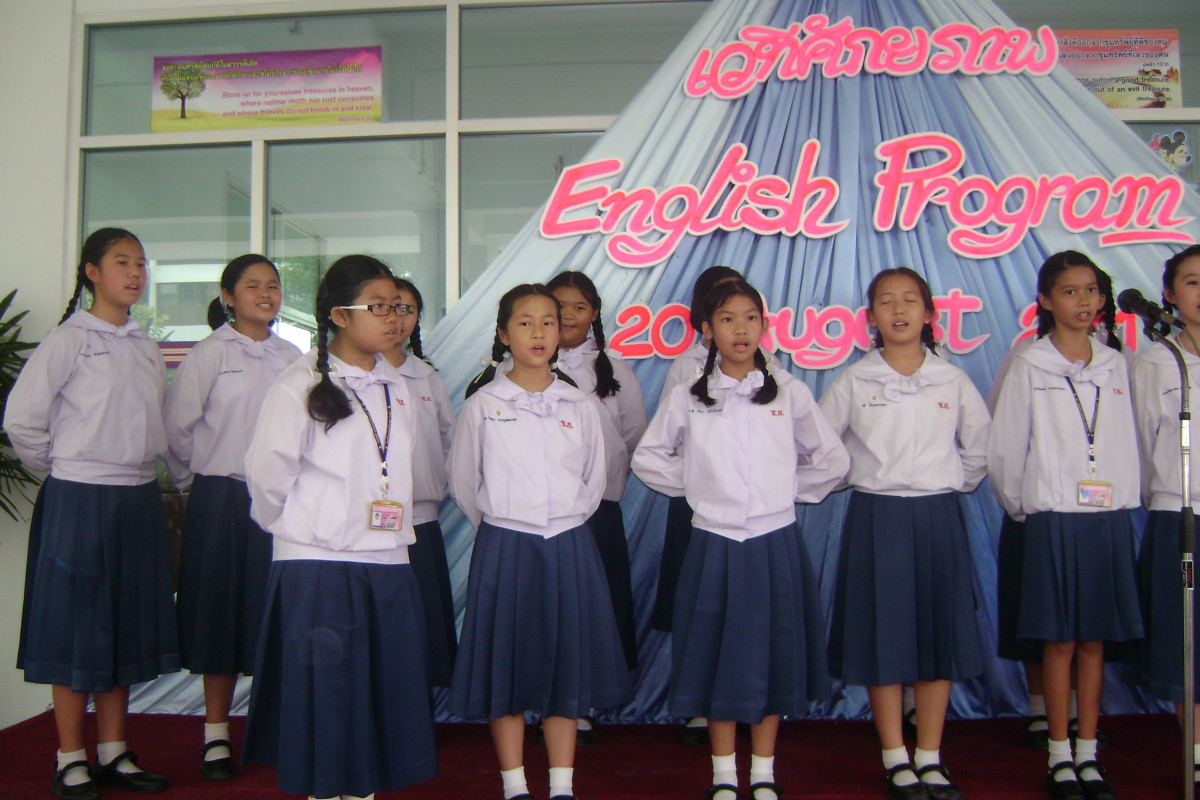- HubPages»
- Travel and Places»
- Visiting Asia»
- Southeastern Asia
Farang or Falang
So is it 'Falang' or 'Farang'? Nine times out of ten if you see it written down it will be spelt with an 'r' and pronounced by any new and sometimes long time visitors to Thailand as 'Farang'. If you hear a Thai using the word then ninety nine times out of a hundred they will use the 'l' and say 'Falang'. There are a number of Westerners who will argue that 'Farang' is the correct pronunciation and it is the Thai's who have got it wrong. They say that Thai's have difficulty with their 'r's' and their 'l's'. Strange. If most Thai's use a Thai word and say it as 'Falang' and most 'Falang' say it as 'Farang' who has got it right? I believe it is the Thai.
Falang - the Fruit
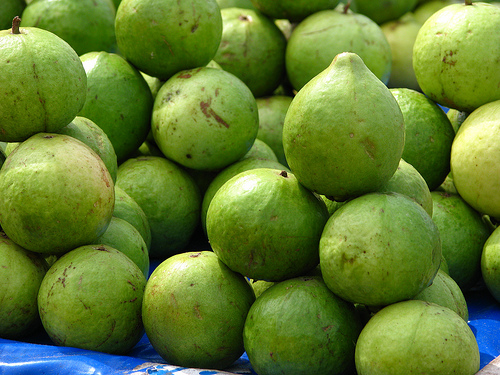
Origins of the word
There is no definite agreement on the origins of the word.
In Laos, which borders much of Thailand the word for a French citizen is 'Falang'. This is derived from the word for France which is 'Falangsay'. Many Northern Thai people also speak Laos as a secondary or primary language.
In Cambodia, which also shares a huge length of border the Khmer word for a foreigner is 'Barang'. Many Thais also speak Khmer.
Some suggest the word arrived with Persian traders who used the word 'Farangi' to refer to foreigners.
When Buddhism arrived in Thailand it was accompanied by the Sanskrit text and in Sanskrit the word for foreigner was 'Firangi', a word also used to refer to the British in some parts of India.
Maan Falang
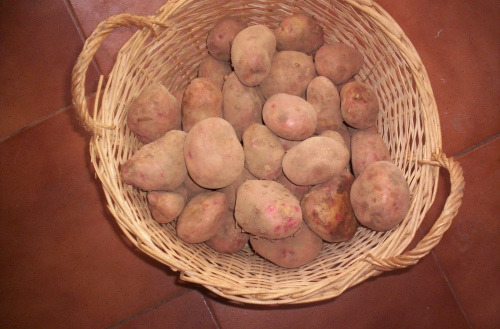
The spelling and pronunciation really matter little as long as the speaker is comfortable with the word and the person who is listening can understand.
To be sure most Thai's and Falang who live closely with Thai's will say 'Falang'.
Most Falang who live with and mix mainly with Falang will use the word 'Farang'.
Purists may argue that 'Farang' is Royal Thai usage and that 'Falang' is the word of the common people. The word of the common people then would be more applicable to most.
Generally speaking Falang refers to white skinned people regardless of their origins and is not used for people of other colours. A person with black skin may sometimes be known as 'Falang dam' which simply means black Falang.
What Thai think of Falang
The word Falang is not an insult unless you perceive it to be. Any word in any language can be spat out and used in a derogatory manner or placed into a particular context. In general you may not usually be referred to as a Falang in your presence but may often be in your absence. If your name is known it is more likely to be used to refer to you.
People who are offended by being referred to as a Falang are too sensitive after all that is exactly what they are...a Foreigner.
I once asked my Thai girlfriend why it was that the Falang used the word ''Farang' and yet the Thai people always said Falang.
I thought her answer explained it perfectly as was her pronunciation:
"Because 'Farang' is the 'Falang' way to say 'Falang'.
Another time I was in conversation with a Thai man. He was using the word 'Farang'. When I queried him about it he said that he was using it for my benefit so I could understand and immediately reverted to 'Falang'.
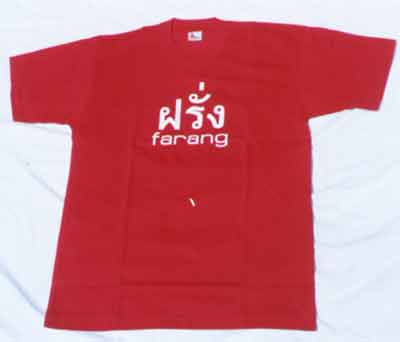
Guava
The Guava was first brought to Thailand by the Portuguese some hundreds of years and is known by the Thais as 'Falang', probably because of its white flesh. It is rarely eaten ripe. It is usually consumed unripe in slices which is dipped into a mix of chilli and sugar, sometimes with a little salt added.
The potato too. White fleshed on the inside. This is referred to as 'Maan Falang'.
What Do You Use?
It really doesn't matter.

